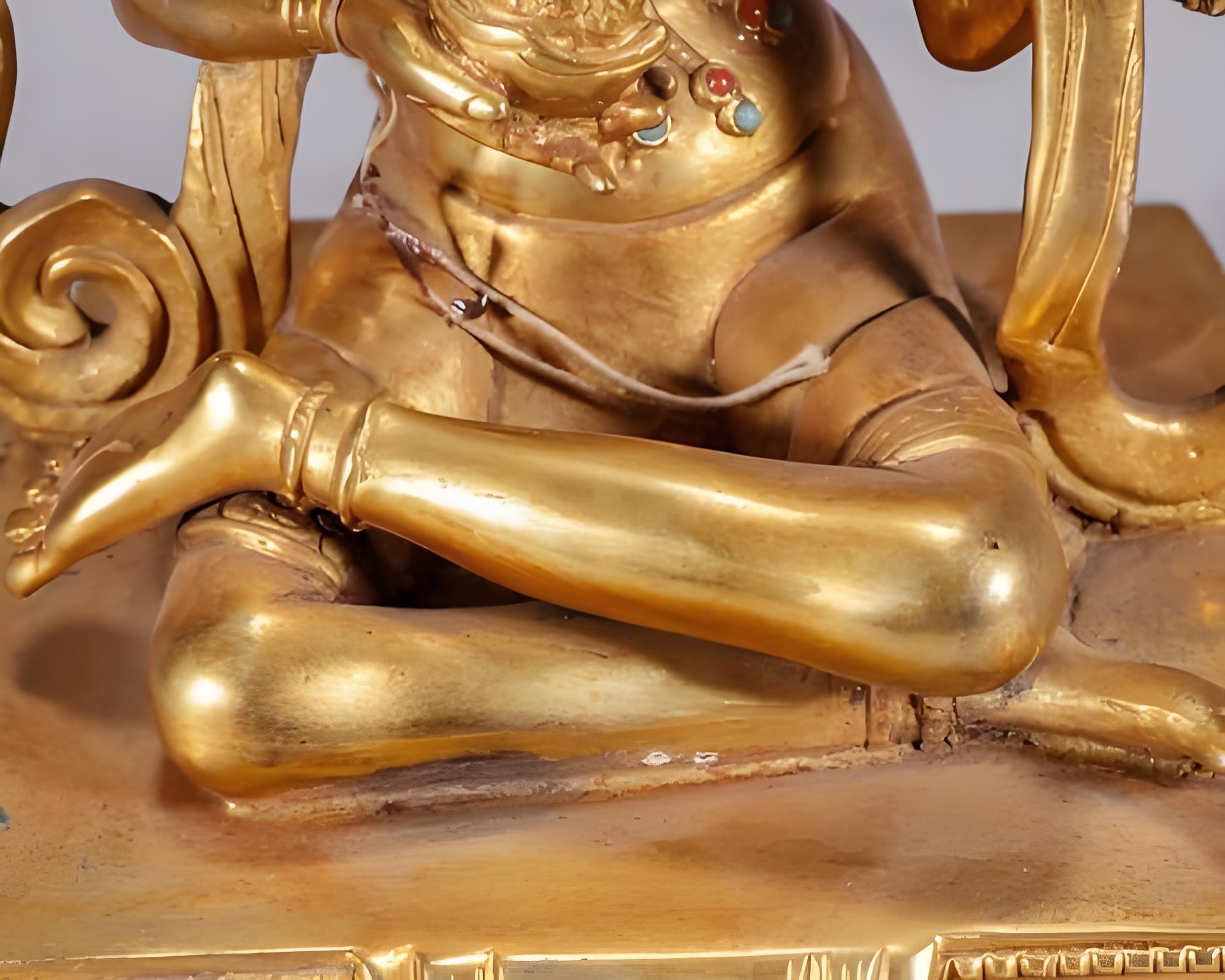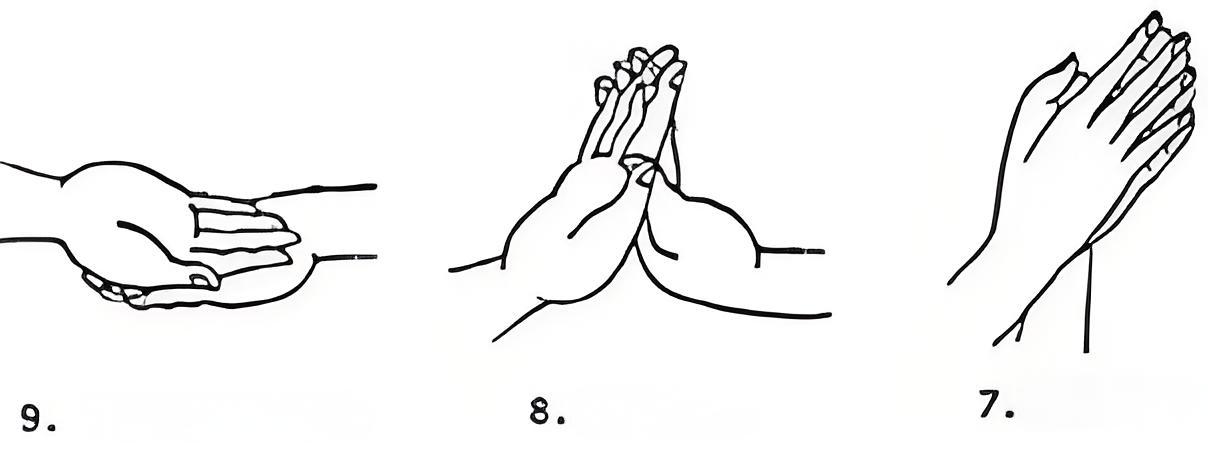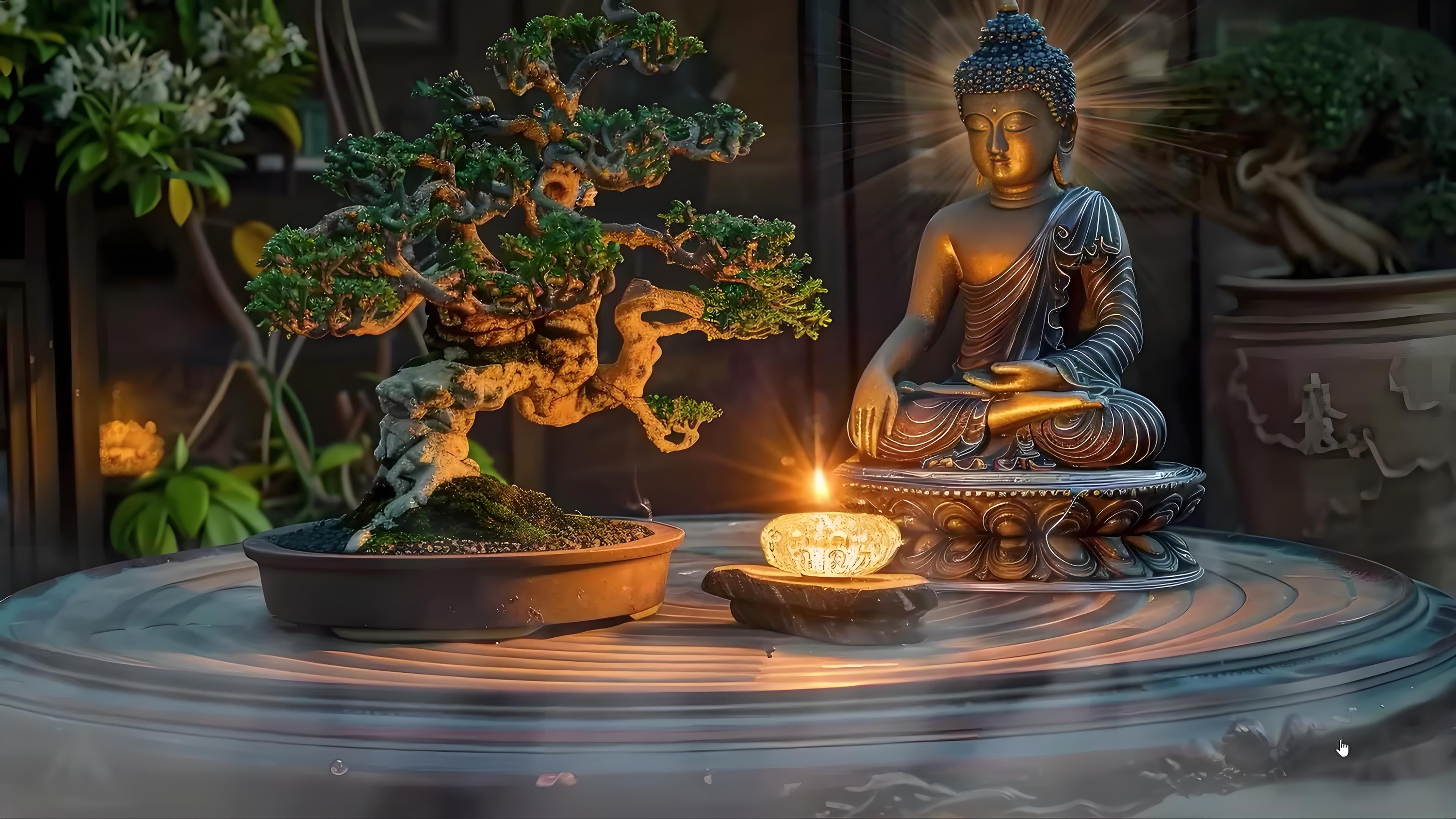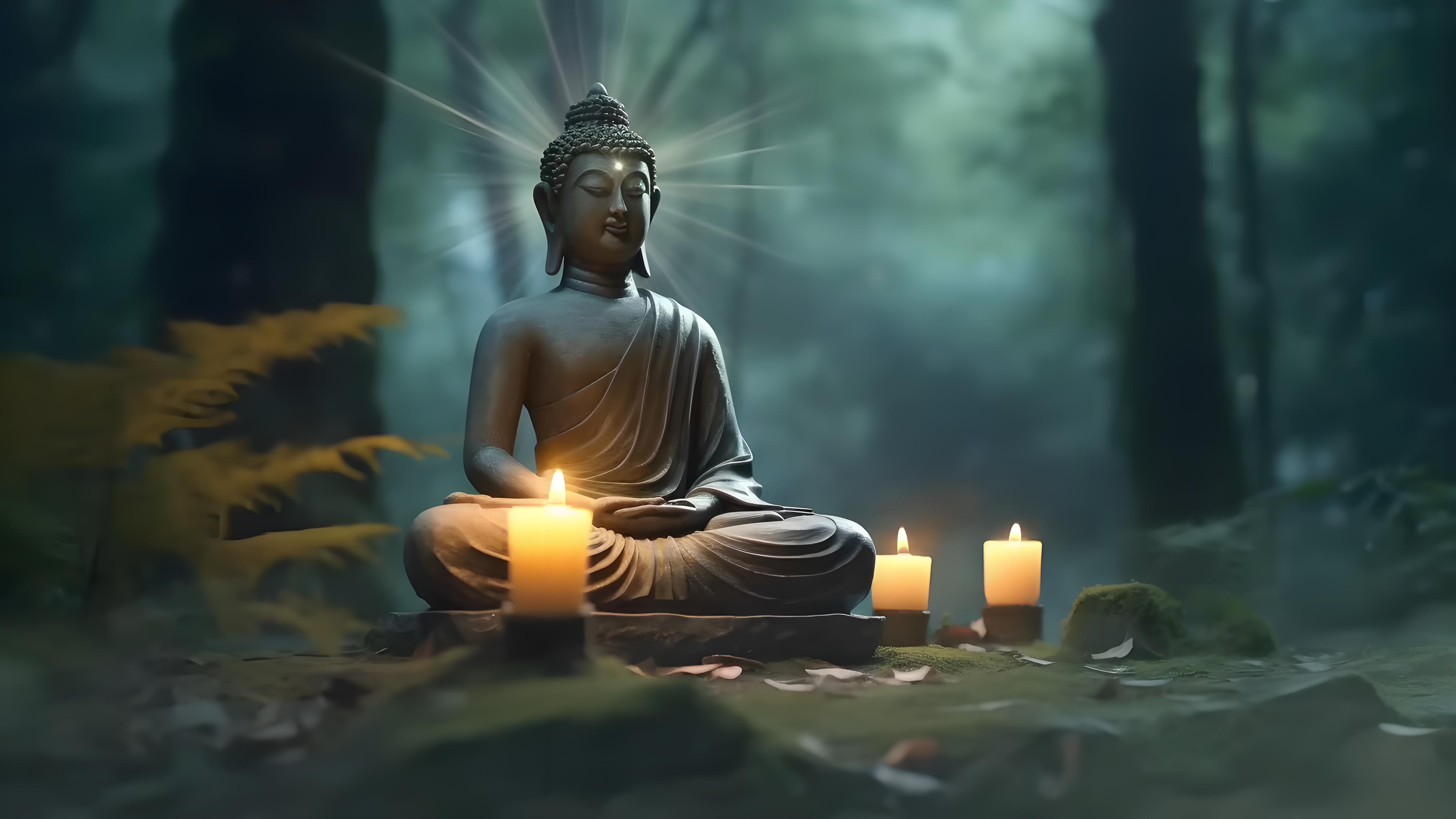type
status
date
slug
summary
tags
category
icon
password
AI summary

Buddhism, like many religions, celebrates special holidays to honor its teachings and figures. These occasions allow followers to reflect on the life and virtues of the Buddha and Bodhisattvas. Buddhist holidays, such as Buddha's birthday and Buddha's enlightenment day, hold great significance in Buddhist communities. They provide opportunities for devotees to gather, offer prayers, and deepen their spiritual practice.
Buddha’s Birthday: A Celebration of Life and Compassion
Buddha’s birthday, one of the most important Buddhist holidays, falls on the 8th day of the 4th lunar month. The day is marked by various ceremonies, including the Buddha Bathing ceremony. Additionally, the event often features a grand procession, where a Buddha statue is paraded around city streets, allowing people to worship and practice good deeds. This procession symbolizes the Buddha’s compassion and his journey towards enlightenment.
Buddhist communities also celebrate the Buddha’s enlightenment on the 8th day of the 12th lunar month. Temples prepare special offerings, such as cooking Laba porridge, which has become a cherished folk custom. This occasion reminds followers of the Buddha’s profound wisdom and the enlightenment he achieved under the Bodhi tree.
Buddha's Joy Day: Gratitude and Filial Piety
Another important Buddhist holiday is the Buddha's joy day, celebrated on the 15th of the 7th lunar month. This day is observed during the Ullambana festival and promotes values of filial piety and gratitude. Temples host ceremonies to honor the Buddha and offer blessings to monks. The holiday encourages Buddhists to show respect and appreciation to their parents, ancestors, and spiritual teachers.
A Detailed Look at Buddhist Holidays in China
China has a rich variety of Buddhist holidays, each dedicated to different Buddhas and Bodhisattvas. For example, the 1st day of the 1st lunar month marks the birthday of Maitreya Buddha, while the 6th day of the 1st lunar month celebrates Dingguang Buddha. Each holiday is observed with special ceremonies and worship, often including scripture recitations and other rituals.
Buddhist Holidays | Date |
Maitreya Buddha’s Birthday | 1st day of the 1st lunar month |
Dingguang Buddha’s birthday | 6th day of the 1st lunar month |
Buddha Nirvana Day | 15th day of the 2nd lunar month |
Avalokiteshvara Bodhisattva’s Birthday | 19th day of the 2nd lunar month |
Samantabhadra Bodhisattva’s birthday | 21st day of the 2nd lunar month |
Cundi Bodhisattva’s birthday | 16th day of the 3rd lunar month |
Manjushri Bodhisattva’s birthday | 4th day of the 4th lunar month |
Medicine King Bodhisattva’s birthday | 28th day of the 4th lunar month |
Kṣitigarbha Bodhisattva’s birthday | 3rd day of the 5th lunar month |
Weituo Bodhisattva’s birthday | 3rd day of the 6th lunar month |
Avalokiteshvara Bodhisattva’s enlightenment day | 19th day of the 6th lunar month |
Mahāsthāmaprāpta Bodhisattva’s birthday | 13th day of the 7th lunar month |
Kṣitigarbha Bodhisattva’s birthday | 30th day of the 7th lunar month |
Avalokiteshvara Bodhisattva’s ordination day | 19th day of the 9th lunar month |
Medicine Buddha’s Birthday | 30th day of the 9th lunar month |
Amitabha Buddha’s birthday | 17th day of the 11th lunar month |
Huayan Bodhisattva’s birthday | 29th day of the 12th lunar month |
Each of these holidays has unique customs and traditions. For instance, Avalokiteshvara Bodhisattva’s birthday is celebrated with the “Avalokiteshvara Seven,” a prayer ceremony held in many temples. These rituals honor the Bodhisattva’s immense compassion and her desire to alleviate the suffering of all beings.
Temples and Rituals During Buddhist Holidays
Temples throughout China observe a wide range of Buddhist holidays by holding commemorative ceremonies. For example, Maitreya Buddha’s birthday, which coincides with the Spring Festival, is celebrated with prayers and a welcoming ceremony. During these festivals, followers pray for good fortune and blessings for the year ahead.
Similarly, during the birthdays of Medicine Buddha and Amitabha Buddha, extended Buddha sessions are held. These ceremonies focus on healing, well-being, and spiritual progress. The practice of reciting the Medicine Buddha’s name emphasizes safety and longevity in this life, while chanting Amitabha’s name centers on the hope of rebirth in the Western Pure Land.
The Fusion of Buddhism and Chinese Traditions
Buddhist holidays in China not only highlight the Buddha and Bodhisattvas' qualities of compassion and wisdom but also blend Buddhist practices with Chinese cultural traditions. For instance, holidays such as the summer and winter retreats, as well as the fasting days, are important occasions for spiritual reflection. Monks and lay Buddhists alike observe these days through fasting, reciting scriptures, and making offerings.
Furthermore, Buddhist holidays remind followers of the importance of gratitude and repaying kindness. Every year, Buddhist temples across China hold ceremonies to honor past masters and express gratitude for their teachings. These acts of reverence strengthen the spiritual community and reinforce the values of compassion and wisdom taught by the Buddha.
Conclusion: The Spiritual Significance of Buddhist Holidays
Buddhist holidays serve as opportunities for reflection, devotion, and the cultivation of virtuous qualities. Through these celebrations, followers are reminded of the Buddha and Bodhisattvas' teachings and encouraged to practice compassion, wisdom, and generosity. As Buddhist holidays continue to be celebrated around the world, they inspire both individuals and communities to develop a deeper understanding of Buddhist principles and work towards the goal of universal salvation.
Loading...






